Over the years, Nollywood has risen to become the second largest film producing industry in the world. This is a dense industry where a majority of the releases pumped out every year, with barely any pre-production process, however, are undeniably mediocre, dare I say. Most Nollywood productions are known to usually go from story idea-to-script-to set and to screens.
The industry, however, is not entirely a stranger to adaptations from other materials, and has produced a number of them since early Nollywood days of Ija Ominira (1979) by Ola Balogun to 2021’s Swallow, an adaptation of Sefi Atta’s novel by Kunle Afolayan, and even more exciting ones in development. Unfortunately, many of these films are not known as adaptations by most Nigerians. A number of these film adaptations from books are listed below. We have also taken the liberty to add books by Nigerian Authors adapted on the international scene.
Related:
 ‘Swallow’: The Movie’s Biggest Changes from the Book
‘Swallow’: The Movie’s Biggest Changes from the Book
Books by Nigerian Authors Adapted into Nigerian Movies
Owo Eje
- “Owo Eje”, a novel by Kola Akinlade in 1976, was later adapted into a Yoruba movie of the same name released in 2005. Directed by Yemi Amodu and produced by Remi Ibitila under Remdel Communications Limited, it is a whodunit drama that centers around the mystery of Sule’s death and Akin Olusina, the great detective’s attempt to solve it.
Saworoide
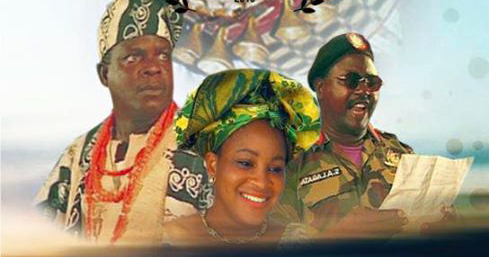
- Saworoide, released in 1999, is a political satire produced and directed by Tunde Kelani. The movie, written by Akinwunmi Ishola, who also wrote the original book, centers on Jogbo town where a king cheats the ritual of the Saworoide (a brass drum) and turns into a tyrant as he tries to retain his throne.
The Concubine
- The book of the same name, Elechi’s Amadi debut novel, was published in 1966. It follows the beautiful Ihuoma and her male love interest’s tragic fate as a result of Ihuoma’s past life ties to a sea god who she was married to and abandoned. The story was adapted into a movie and premiered in March 2007.
Swallow
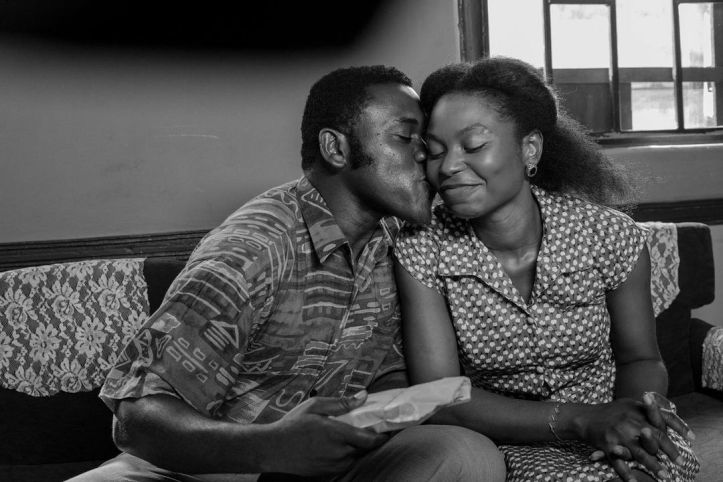
- Swallow tells the story of Tolani, who while trying to survive like everyone else in the corrupt, dictatorship 80s Lagos as a middle-class young woman, is introduced to drug smuggling. Would she choose the honest path? The novel, written by Sefi Atta, was published in 2008, and a Netflix movie adaptation, directed by Kunle Afolayan, was released in 2021.
Maami
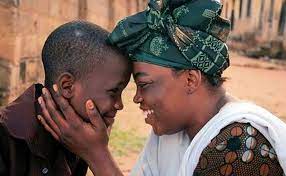
- Adapted from a novel of the same name written by Femi Osofisan, the movie Maami, directed by Tunde Kelani, was released in 2011. The drama follows a successful footballer who recalls his childhood with his single mother who was his world.
Bisi Daughter of the River
- This movie, released in 1977, follows the life of Bisi, whose father is convinced that she originates from the river goddess Yemoja, and must become her priestess contrary to Bisi’s wishes for herself who eventually travels to Lagos to work as a businessman’s secretary, disobeying her father. It was produced by the late M.K.O. Abiola. It has often been praised as a story “made by Nigerians, in Nigeria, acted by Nigerians for Nigerians”, and was famous and likely successful for this reason. The movie was adapted from a play by Ladi Iadebo, Kola Ogunnaike and Jab Adu.
Ija Ominira
- Directed by Ola Balogun, the Yoruba film Ija Ominira (Fight For Freedom), based on a same-name historical novel by Adebayo Faleti, was released in 1979. It follows a village, led by a young man, in a fight against their tyrant king.
Hello, Rain
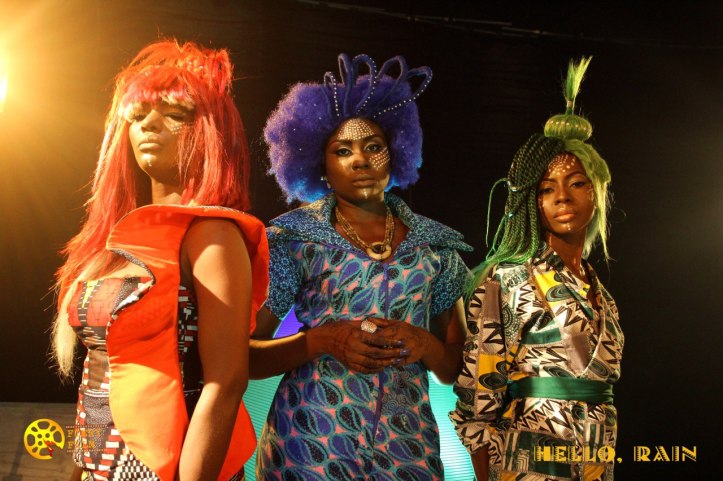
- Based on an africanfuturistic (not afrofuturistic) science fiction short story by Nnedi Okorafor, “Hello Moto”, about three women in possession of wigs that have the ability to gift powers to its wearers and could inadvertently destroy Nigeria if not stopped. The short story was originally published in 2011. The on-screen adaptation Hello, Rain is a short sci-fi film directed by C.J ‘Fiery’ Obasi in 2018. It screened at a number of film festivals, like the BFI London Film Festival and Internationale Kurzfilmtage Oberhausen.
Imagine This
- A fictional journal of young British-born Lola who ends up in a Nigerian village, Idogun, with her aunt and is separated from her brother and father due to a number of unfortunate circumstances. The book was written by Sade Adeniran and self-published in 2007, and an animated film adaptation scripted and produced by the author is in the works. The release date is yet unknown.
Things Fall Apart
- This is a special exception, a case of a source material with multiple adaptations. The novel which was published in 1958 is set in Southeastern Nigeria during the colonial period around the arrival of Europeans in the late 1900s. Okonkwo, a radio drama which featured Wole Soyinka in a supporting role, was made in 1961 by the Nigerian Broadcasting Corporation. The novel was also adapted into a miniseries, starring Pete Edochie, Nkem Owoh and Sam Loco Efe, and was broadcasted by Nigeria Television Authority. A 2008 film adaptation by a Nigerian production company also starred Pete Edochie as Okonkwo. “Things Fall Apart” is that kind of celebrated story that might just be retold in a new format in a few years.
Kongi’s Harvest
- The film, directed by Ossie Davis, which was released in 1970 was adapted from the 1965 play of the same name by Wole Soyinka. The story follows President Kongi, a dictator attempting to modernize his African nation. The screenplay of the film was written by Wole Soyinka who also played Kongi in the production. Shot in Nigeria, it was produced by an indigenous company, Calpenny Nigeria Films. During the movie’s exhibition, Wole Soyinka criticized the huge changes that were made to his screenplay.
Shijuwomi
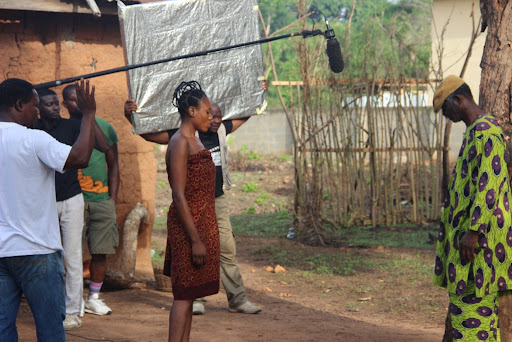
- Shijuwomi, a Nigerian girl studying in England, is quickly brought back to her homeland after she attempts suicide. In Nigeria, she is checked into an institution where she ends up in a marriage that pushes her to another suicide attempt in Rasheed Gbadamosi’s “Behold My Redeemer”. Filming for a movie adaptation, with a full cast (Femi Adebayo, Judith Audu, Bimbo Manuel, Tina Mba) directed by Niji Akanni, was announced to be actively underway in 2015, but has been unreleased ever since with no updates.
Crushed Roses

- Adapted from “Crystals in the Mud”, an anthological novelette by Ibiere Addey, “Crushed Roses”, the first tale in a planned big-screen anthology of the same name, is described as “the saga of an undefined relationship” by the director, Taiwo Egunjobi. Ibiere Addey, who also serves as a producer, teases her novelette as a description of a “powerful woman — Zainab Ali’s — shades of life”. Crushed Roses, the first part of the anthology, recently wrapped up filming in Ibadan. The release date is yet unknown.
The White Handkerchief
- Bayo Adebowale’s 1985 debut novel, “The Virgin”, was adapted into a short film, The White Handkerchief, written and directed by Tunde Kelani in 1998. Awero is a rape victim who has to go through a handkerchief test on her wedding night, and has to deal with the events that follow her failing the said test.
The Smart Money Woman
- “The Smart Money Woman” follows a group of five women in Lagos through their different lives, friendships, romance and financial decisions. The book written by Arese Ugwu (who works in the financial industry) was published in 2016. It was later adapted into a 13-episode series of the same name directed by Bunmi Ajakaiye & produced by Lala Akindoju (who also stars in the series as Adesuwa) and Akintunde “Marine” Marinho which aired on AfricaMagic Showcase from September 2020. The Smart Money Woman was developed into a script by Pearl Osibu and Jola Ayeye which was then edited by Tunu Oyelola. The series starring Toni Tones, Ini Dima-Okojie, Osas Ighodaro Ajibade and Ebenezer Eno has since made its way to Netflix in September of 2021. A sequel to the 2016 book, “The Smart Money Tribe: An African Woman’s Guide to Making Bank” was published in 2020. A second season of the TV series, which is already in the works, has since been announced in 2022 with names like Tobi Bakre (as Dimeji), Tania Omotayo (as Sabrina), Bolanle Olukanni (as Senami) joining the production as cast.
The Wait
- Adapted from “God’s Waiting Room” 1-4 by Yewande Zaccheus which was inspired by a personal story of the writer, The Wait follows the story of two couples, waiting and desperate for a baby and a devoted doctor that helps. The story was written by Tomi Adesina, and co-directed by Fiyin Gambo and Yemi Morafa. It was produced by Eventful Nigeria (which Yewande Zaccheus founded) and Tolu ‘Lord’ Tanner. The feature film which stars Nse Ikpe-Etim, Deyemi Okanlawon, Ini Dima-Okojie, Kate Henshaw, Joke Silva, Chimezie Imo, Jimmy Odukoya and Meg Otanwa was released in cinemas in April 2021. It made its way on Netflix in January 2023. Yewande Zaccheus’s books are based on the testimonies of many that have similar stories or just waiting on God in general.
Related:
 ‘Swallow’ Review: Kunle Afolayan’s 80s Lagos Without a Soul
‘Swallow’ Review: Kunle Afolayan’s 80s Lagos Without a Soul
 Retro Review: ‘Ṣaworoidẹ’ and Timelessness
Retro Review: ‘Ṣaworoidẹ’ and Timelessness
The Secret Lives of Baba Segi’s Wives

- Baba Segi, already married to three wives, shockingly takes in Bolanle, a university graduate, as a fourth wife. The feud that follows, displays the disadvantage of a polygamous family in Lola Shoneyin’s best-selling 2010 novel, with every one having secrets of their own. It was announced mid 2020 that a series adapted from the book will be created by Netflix through EbonyLife Studios. All characters were well-written with so much depth and flavour in the book and we just cannot wait to see that on screen.
Death and The King’s Horseman
- Based on a historical incident; Elesin, a Yoruba King’s horseman, is prevented from committing ritual suicide by the British colonial authorities. In 2018, an adaptation was announced by EbonyLife’s Mo Abudu, and in 2020, as one of EbonyLife’s projects with Netflix. Biyi Bandele was announced as director in September 2021. The original play was written by Wole Soyinka while on a political exile from Nigeria in Cambridge. It was praised by the Swedish Academy that awards the Nobel Prize, “as evidence of his [Soyinka’s] talent for combining Yoruba and European culture into a unique kind of poetic drama”. Being one of the most performed stage plays in Nigerian universities and theatres, we are anticipating the big screen adaptation which would hopefully be nothing less than the brilliance of the original material by the Nobel-winning novelist.
Books by Nigerian Authors Adapted into International Movies
Half Of A Yellow Sun

- Adapted from “Half of A Yellow Sun” by award-winning Chimamanda Ngozi Adichie, the film of the same name follows the life of Igbo twin sisters who get caught up in the Nigerian civil war. The 2013 movie was written and directed by Biyi Bandele.
Bullfrog in the Sun
- The two books “Things Fall Apart” and “No Longer At Ease”, written by Chinua Achebe and published in 1958 and 1960 respectively, were adapted into the film which was released in 1972. “Things Fall Apart” is set in Southeastern Nigeria during the colonial period around the arrival of Europeans in the late 1900s. This adaptation by Hansjürgen Pohland, however, received some criticism, including from Achebe himself.
Beasts of No Nation

- Nigerian-American Uzodinma Iweala’s 2005 novel “Beasts of No Nation” was adapted by Cary Joji Fukunaga in 2015. The book follows the life of young Agu, a child soldier in a war-stricken, unnamed West African country. The movie (whose worldwide rights were purchased by Netflix) was shot in Ghana as an international production.
On Monday of Last Week
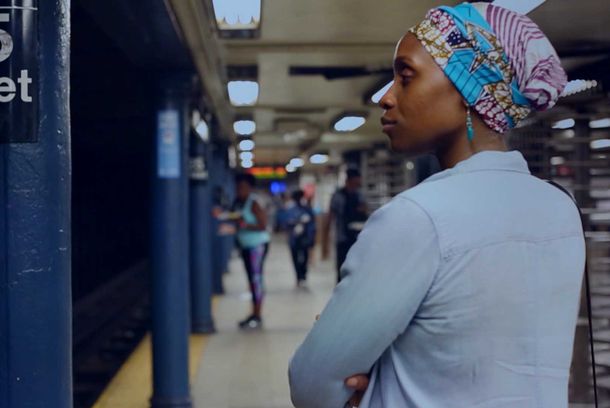
- In Chimamanda Ngozi Adichie’s “On Monday of Last Week” from her 2009 short story collection “The Thing Around Your Neck”, Kamara, a Nigerian woman working as a nanny for a couple in America develops the longing to be the wife’s muse as she is intrigued by her. The 14-minute short film adaptation, directed by Ghanaian-American filmmaker Akosua Adoma Owusu, was released in 2017.
Who Fears Death
- In another african-futuristic novel (2010) by Nnedi Okorafor set in an post-apocalyptic world, the story follows Onyesonwu, an Ewu, a Okeke-Nuru “dark-skinned/light-skinned” mixed blood, who wishes to destroy her father (from the oppressive Nuru clan) who raped her mother, an Okeke. In 2017, Okorafor announced a film adaptation of her book born in magical and ancient elements. The series is currently in the development stage at HBO Max, with George R.R. Martin, the man behind the Game of Thrones’ books, as a producer.
Americanah
- “Americanah” is another popular novel written by Chimamanda Ngozi Adichie, which was published in 2013. It tells the story of a young lady, Ifemelu, who migrates to the U.S for her university education, and writes about her experiences as a woman of colour in America. It was planned to be adapted into a series since 2014, but even with a pretty set cast lineup, including David Oyelowo, and Lupita Nyong’o as Ifemelu, it was dropped by HBO Max as a result of the pandemic and Lupita’s exit from the project in 2020. There have been no updates since.
Are there titles we missed? Let us know in the comments section or on our social media accounts.
 Keep track of upcoming films and TV shows with our calendar tool.
Keep track of upcoming films and TV shows with our calendar tool.
Last updated: Tuesday, 09/11/2021.

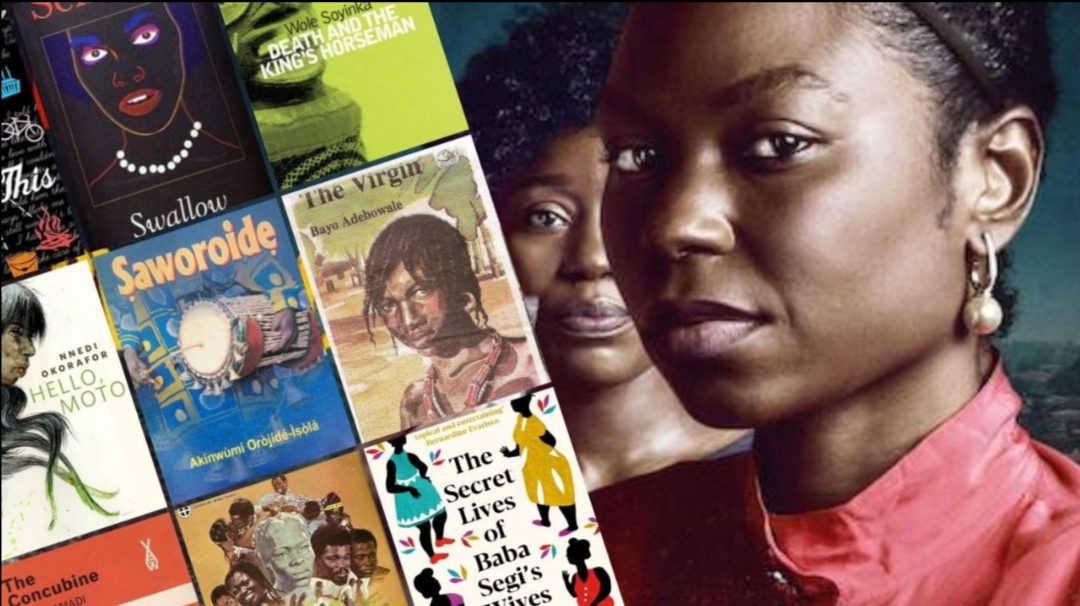
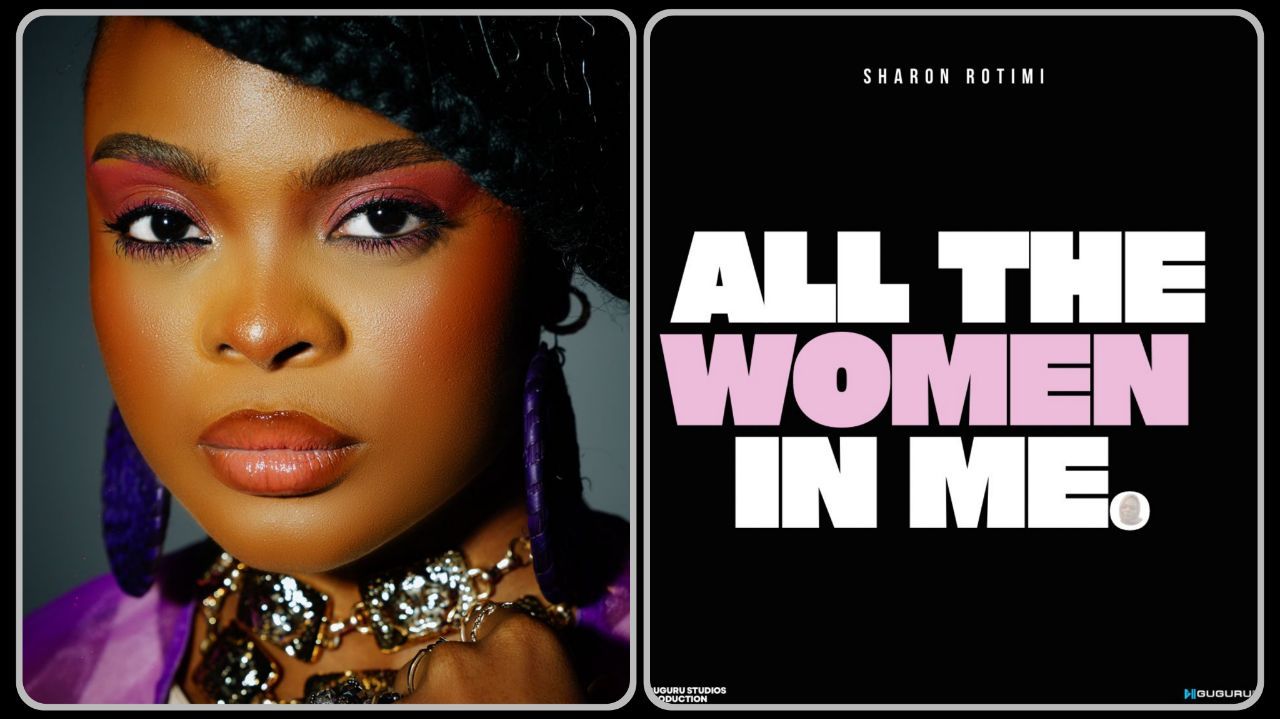
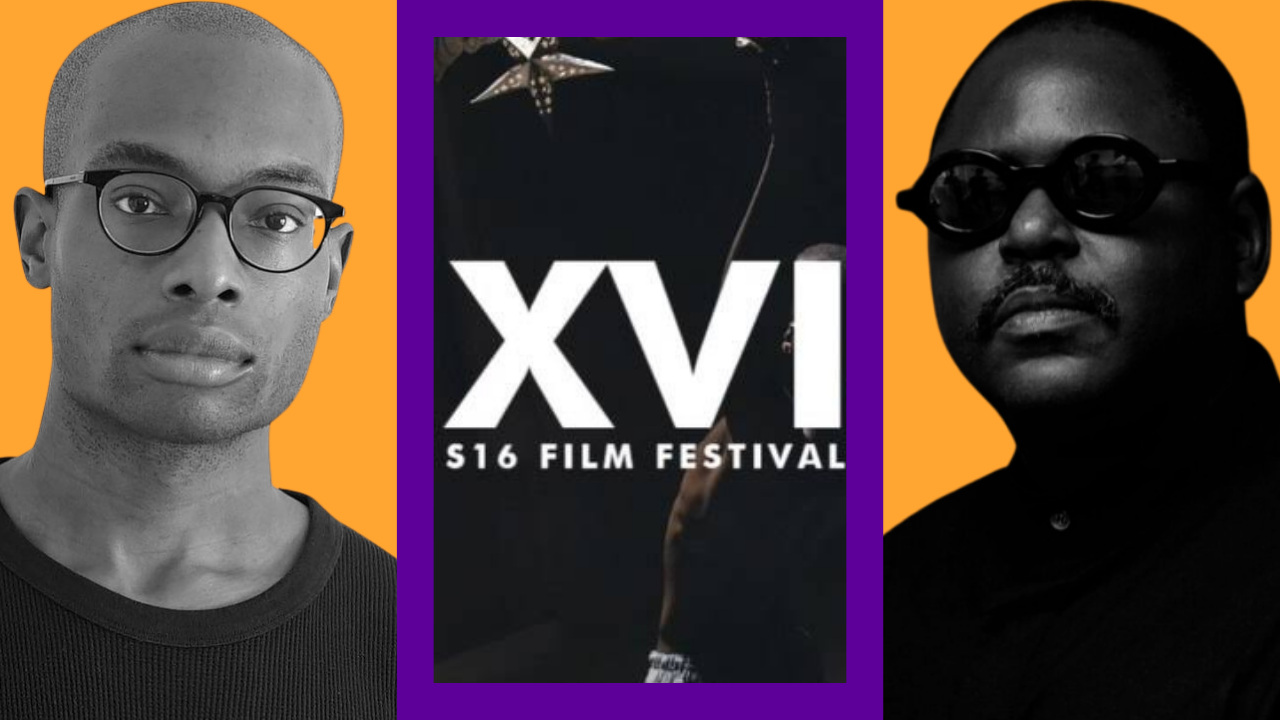
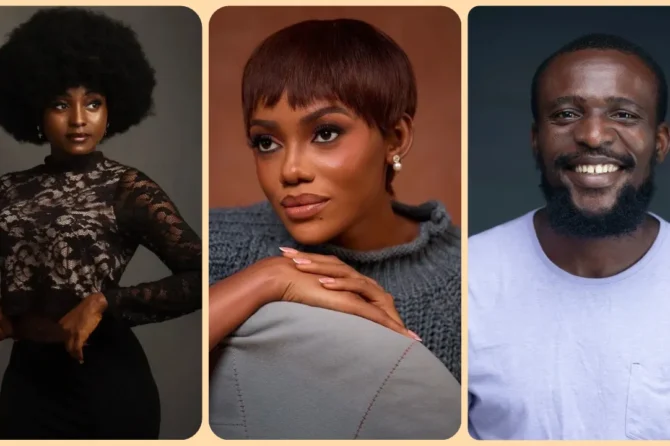

11 Comments